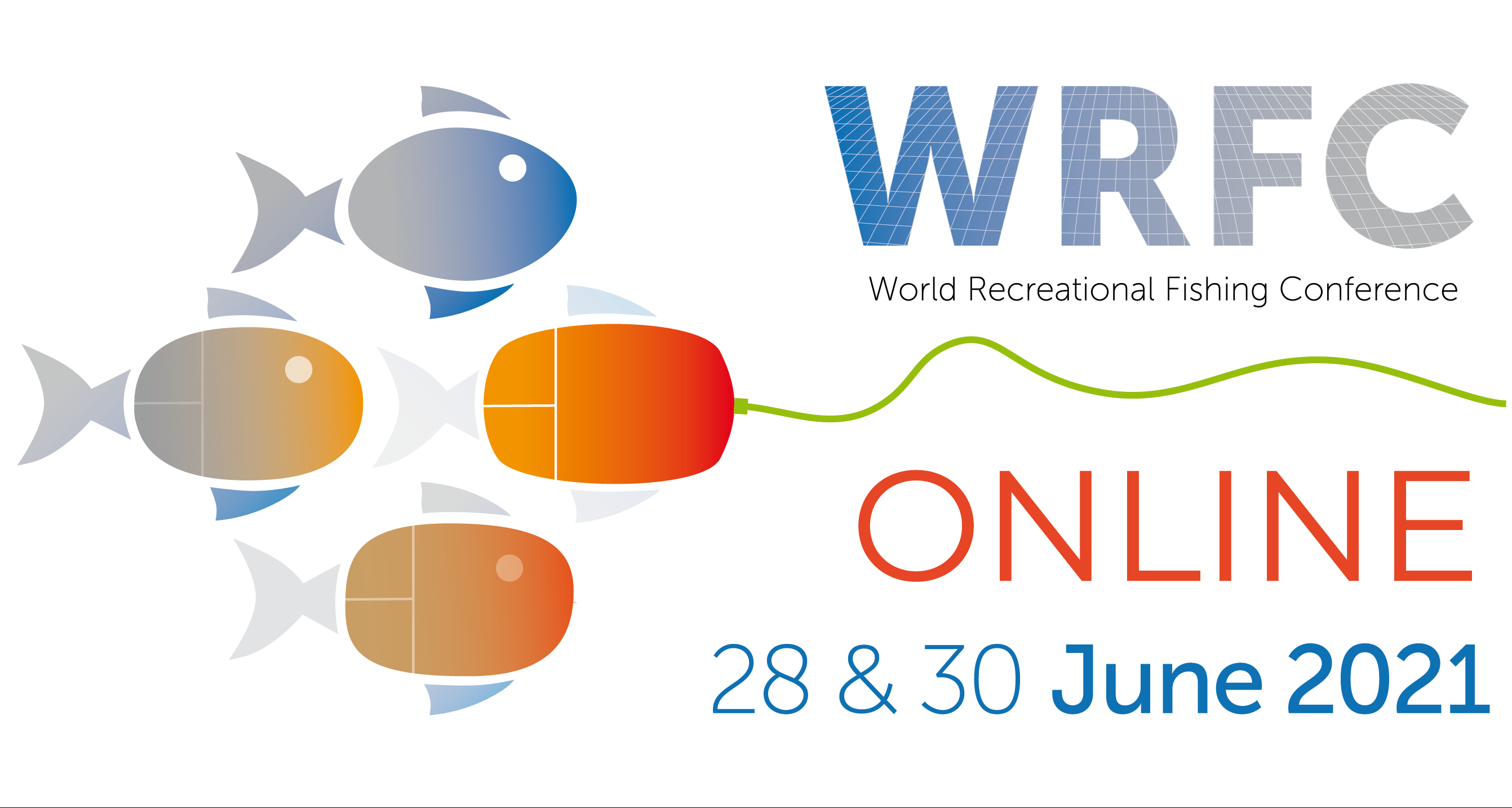Program
World Recreational Fishing Conference Online
the Netherlands, 28 & 30 June 2021
Conference: 28 & 30 June 2021 starting 13.00 CEST until 17.30 CEST
The program will let Early Career Scientists present recent work. But there will also be some well known senior scientists to boost the themes with their presentations. We already know that it is going to be a very intersting conference with excellent keynote speakers, high quality presentations and an interactive, online, social program.
Main themes
The conference’s overall theme is
Recreational Fishing in a Changing World
Themes are:
- Interaction with other stakeholders
- Environmental changes
- Societal relevance and acceptance of recreational fishing
- Changes in recreational fishing sector
- Stock / resource management
Impact and changes
The impact of the changes mentioned below together with climate change, restoration projects as well as the globalization and the impact of dispersion of exotic species is investigated by many scientists. This conference is the place to get updated, discuss or present your results and talk about challenges and solutions.
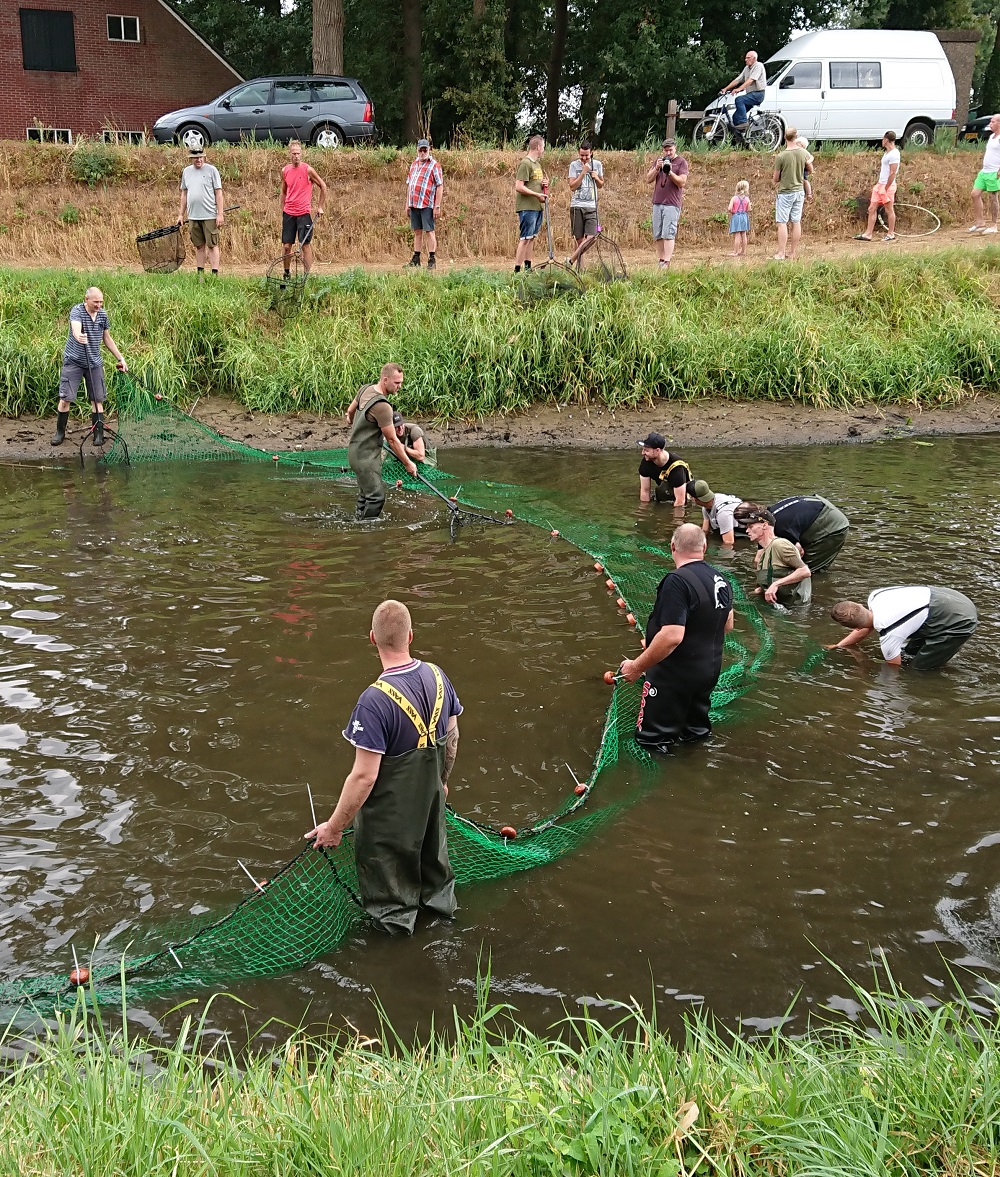
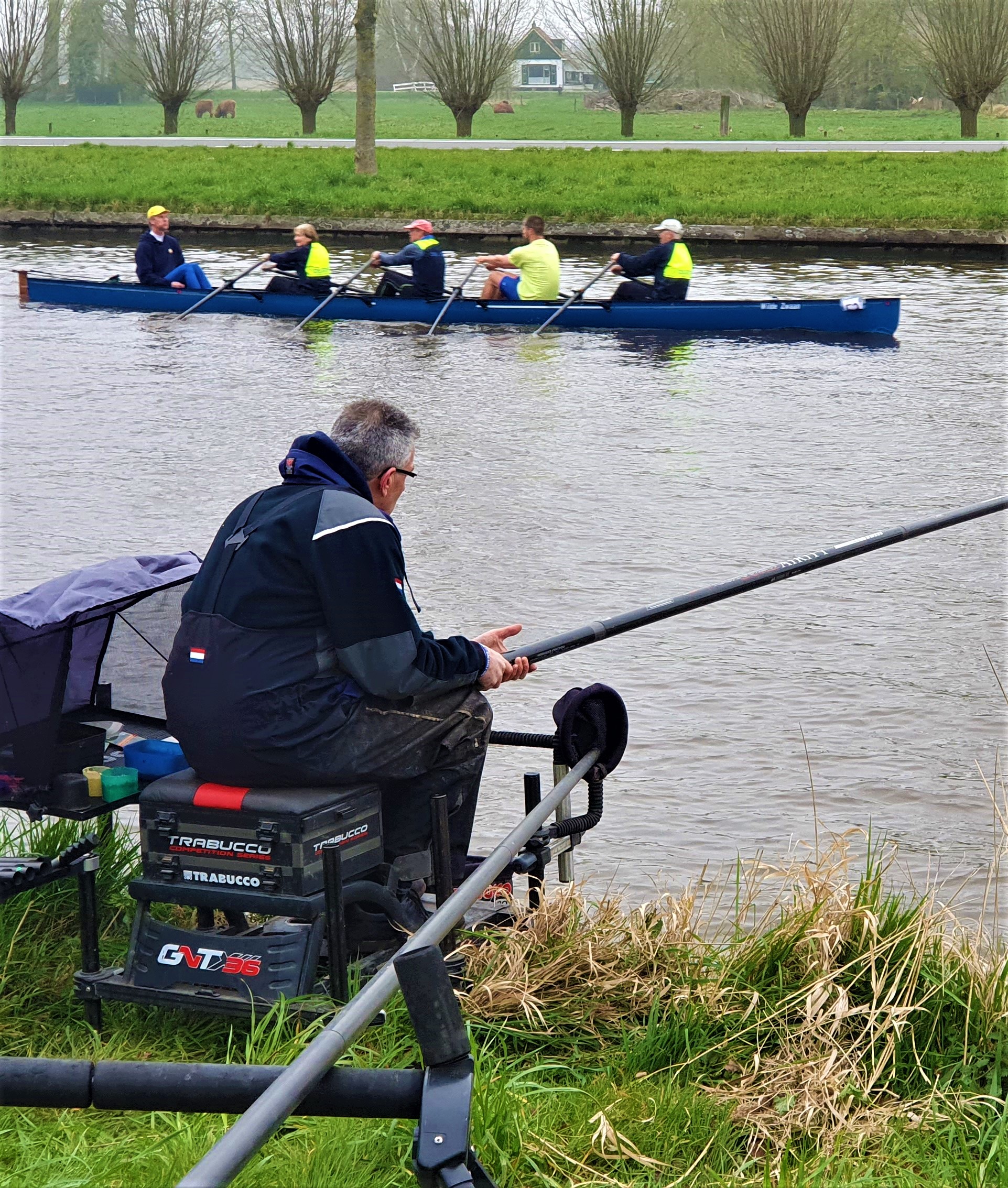
Interaction with other stakeholders
Recreational fisheries is not the only stakeholder on the water. This theme deals with partnerships with other users of fishing waters, handling opposing interests and conflicts, how to share limited resources and how to achieve mutual gains and benefits.
The following partners and subjects can be thought of:
- Commercial fisheries
- Allocation of limited resources between commercial fisheries, recreational fisheries and other stakeholders and profiling waters (zoning/differentiation)
- Watersport associations, divers, etc.
- Water authorities
- Nature conservation organizations
- Angling guides
Environmental changes
Several environmental changes that often have an anthropogenic cause, may have a pronounced impact on fish populations and recreational fisheries. This theme addresses the threats and opportunities arising from these environmental changes. Possible solutions to adapt or mitigate will be discussed.
- Climate changes
- Temperature rise
- Hydropower
- Dam construction (and dam removal)
- Population growth/urbanization
- Other environmental changes
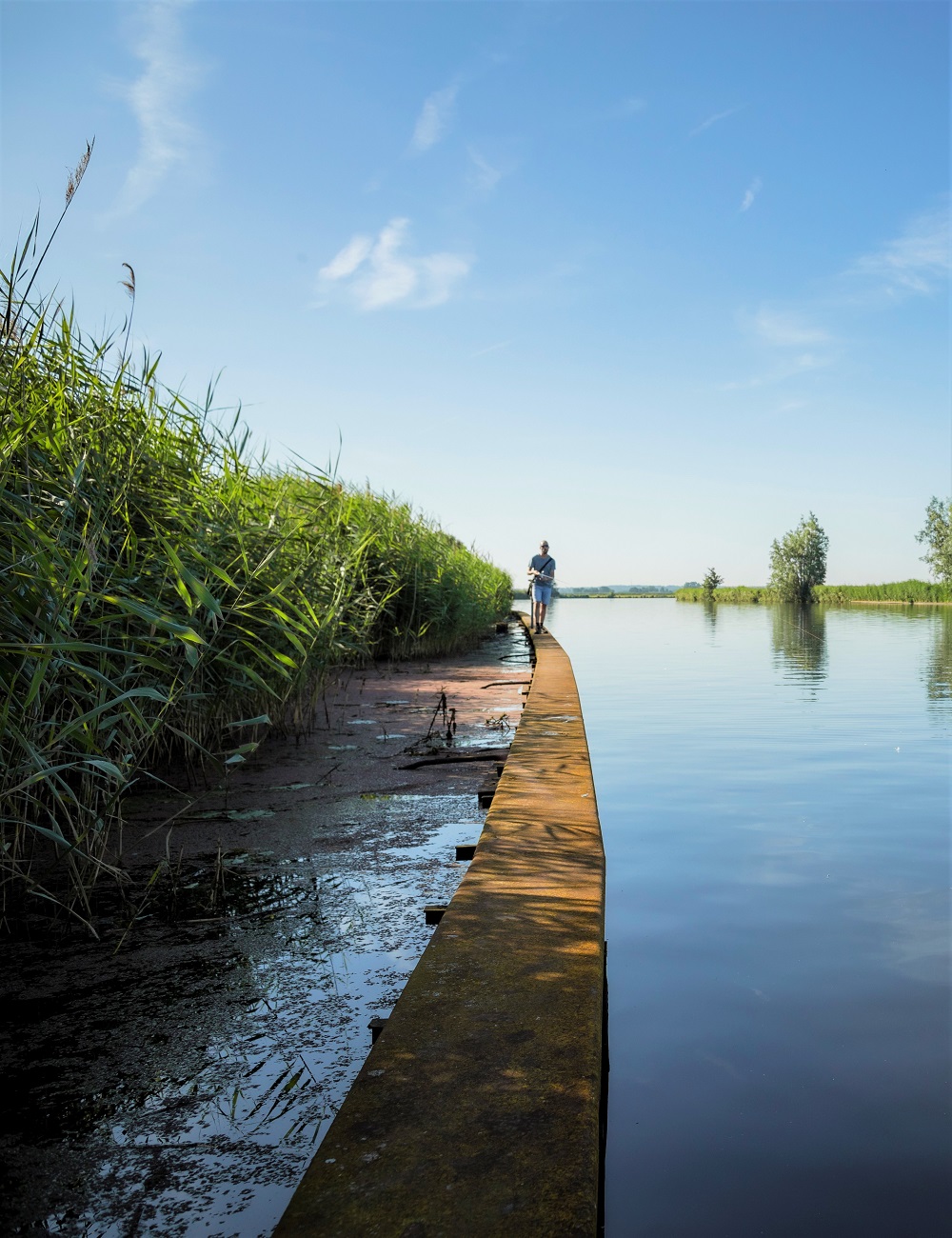
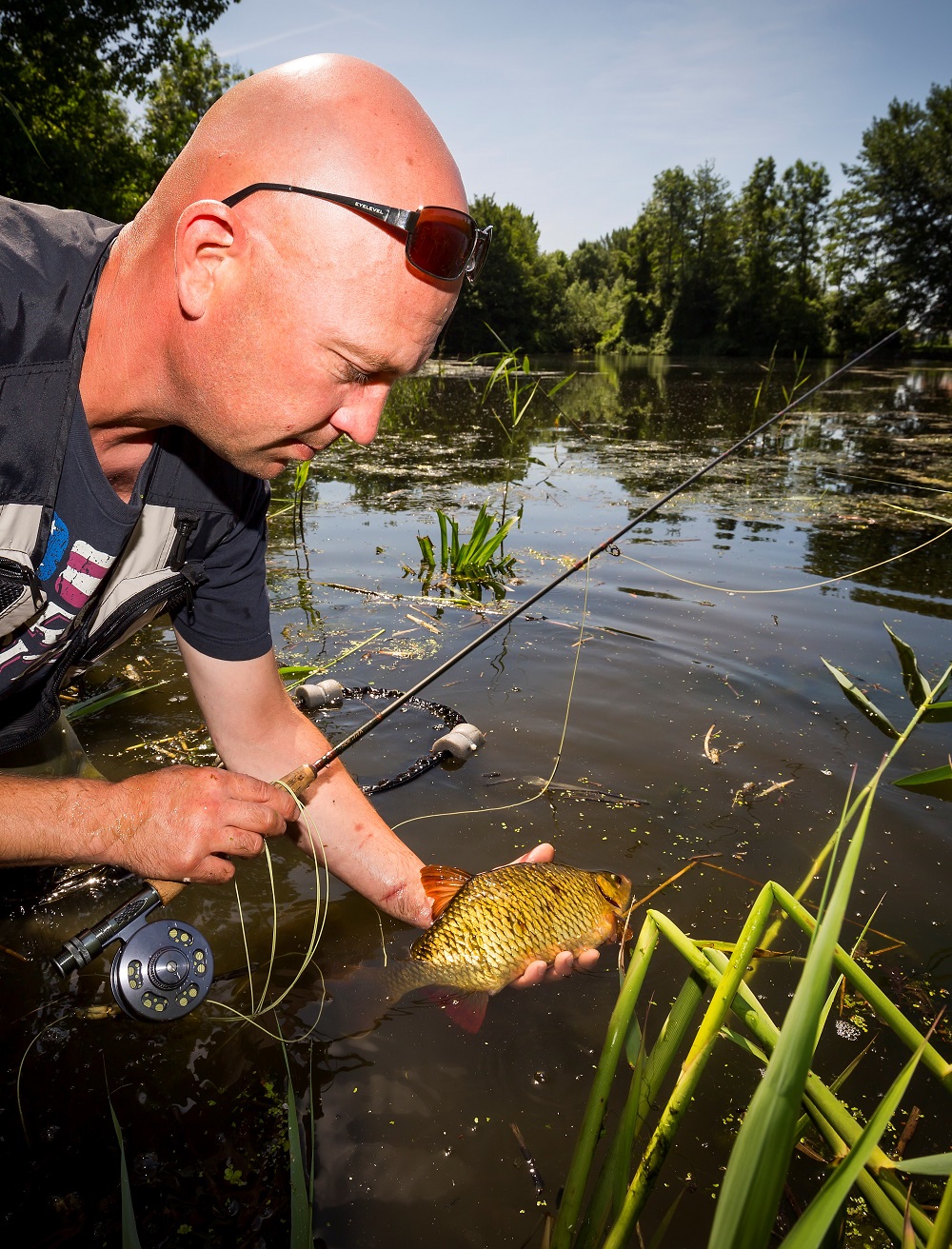
Societal relevance and acceptance
Society is constantly changing and also is its opinion about recreational fisheries. On one hand fisheries organizations and their role for society are being taken more seriously while other groups in society are being increasingly critical on for instance animal welfare. This theme deals with a number of these aspects.
- Changes in society, for instance demographic composition of society
- Changes in opinion about recreation fisheries (public perception)
- Communication to the public
- Changing media, for instance social media
- Welfare of fishes and ethics
- Catch & Release vs. Catch & Cook
- Economic aspects of recreational fisheries
- Angler behaviour
- Governance
Changes in the rec Fish sector
More and more, recreational fishermen are ‘used’ to help fisheries- and stock management in ways of collecting and using fishing data for analysis and (scientific) publication. They are highly involved and willing to help researchers and policymakers. This generates new insights in fish behaviour, fishermen behaviour and how to manage fish stocks. It also needs new ways in communication between researchers and fishermen. Recreational fisheries itself also shows rapid changes. New techniques and specializations are being developed all the time.
- Use of angler generated data (online text, videos, app data, conventional logbooks, CPUE, capture-mark-recapture) and data analysis
- Exchange of angling data and scientific knowledge
- Changing media such as apps/social media
- Involve anglers and their data in fisheries (co)management (citizen science)
- (Need to change?) communication to anglers (about for instance fisheries science)
- Changes in recreational fisheries -techniques, specializations
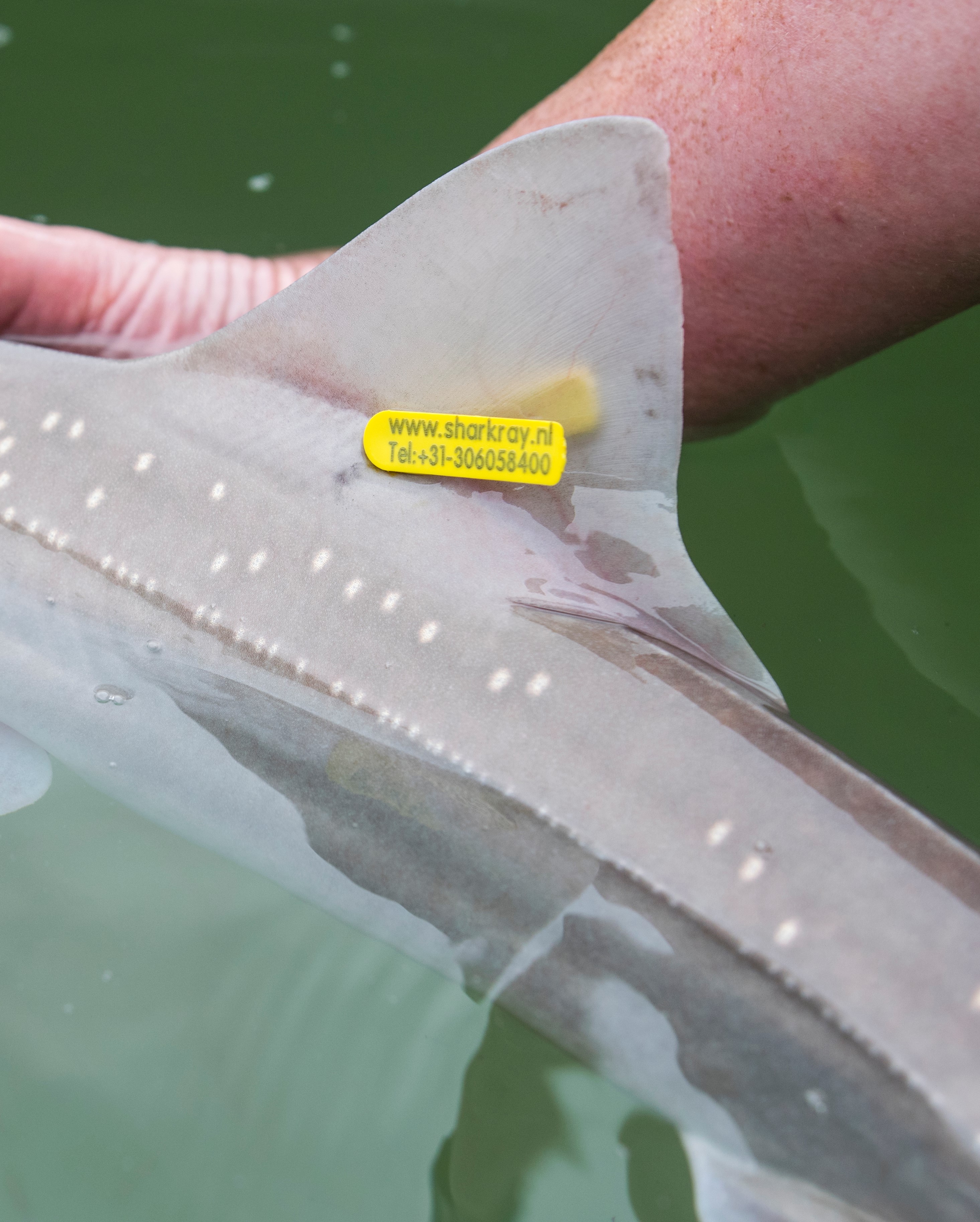
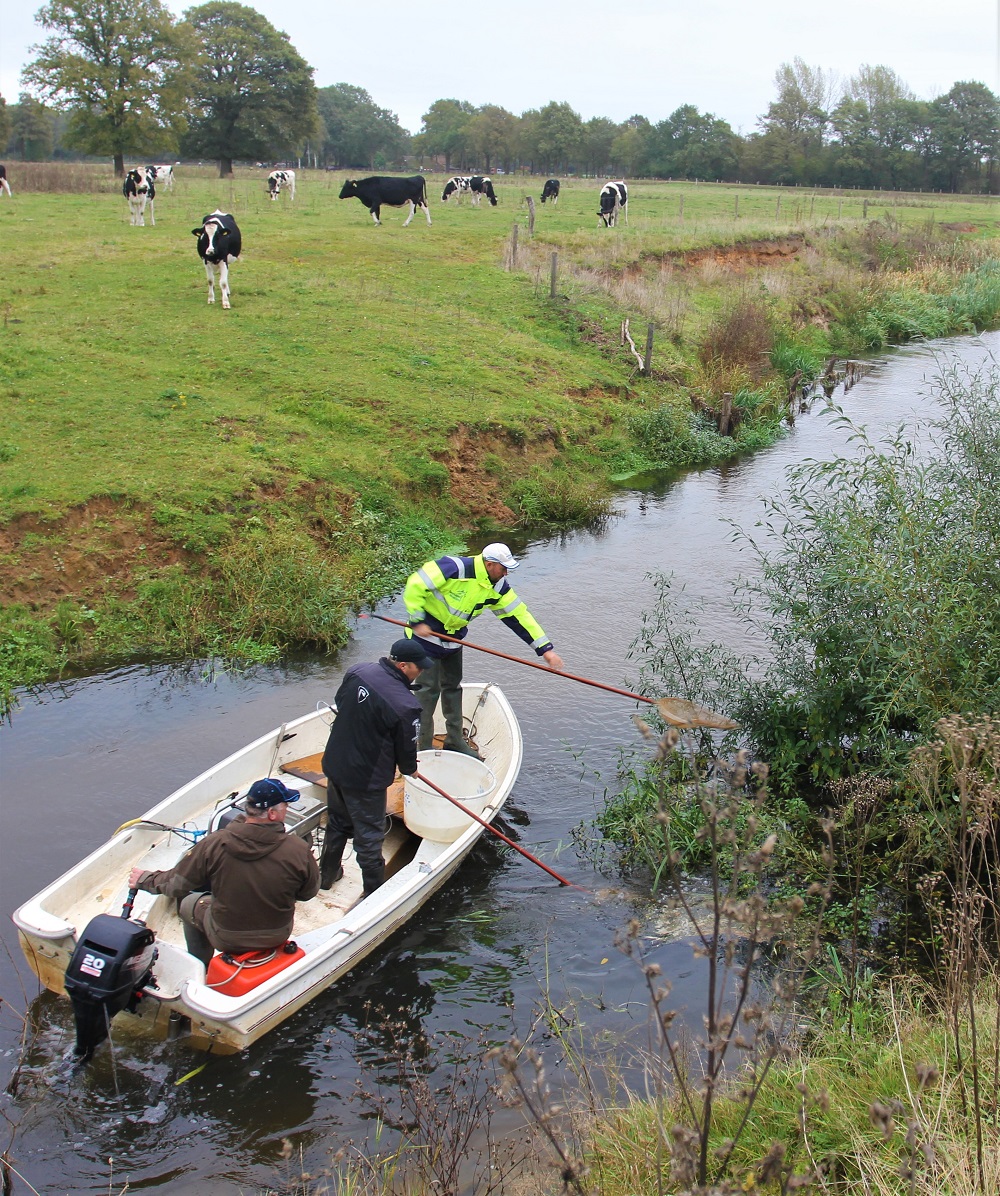
Stock / resource management
This topic deals with the fish populations, being natural renewable resources and how to manage these. Aspects are:
- (How to achieve) sustainable fisheries
- Invasive species/species introductions
- Conservation policies and recreational fisheries – challenges, conflicts, (how to achieve) successes, failures
- Stocking, exploitation, bag limits
- Genetics
